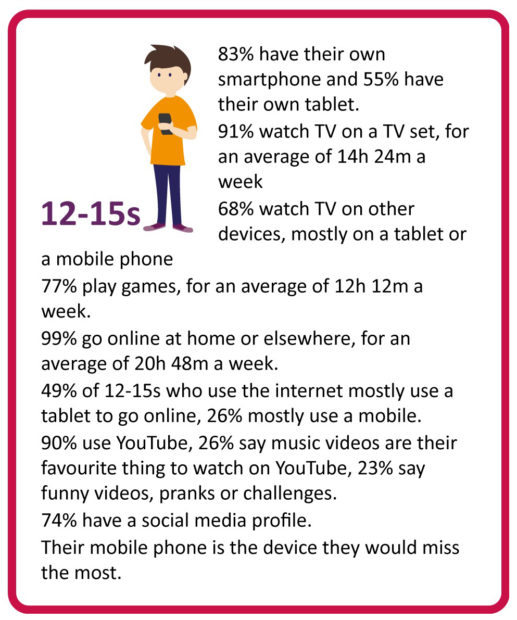Don't miss the deadline! We're inviting your "Cycle 4" pupils to write their own articles to send us, and we'll publish our favourites on Speakeasy News. Send us their work by 10 May.
The theme of the competition is "School Report". The objective is for pupils not to be tempted to cut and paste from the Internet, but to actively find information and then report it. To keep that simple, it should be news from their class or their school.
We were inspired by the BBC's long-running school journalism project School Report. There are lots of reports from 11-16-year-old pupils on their site for inspiration, and teaching resources too.
The BBC project is mainly about TV and radio news but we would like pupils to produce a written article (for a newspaper, magazine or website, the main elements are the same.)
The subject is up to you and your pupils. They may get inspiration from some of the pupils' reports for the BBC. Or we've made a suggestion below for a subject that is easy to do within the classroom.
Our Class and the News
The theme this year for the semaine de la presse à l'école is "Where does the news come from?" In our Ready to Use Resource, we have quoted from a British survey by the communications regulatory body Ofcom: Children and Parents: Media Use and Attitudes Report. Why not have your pupils design their own survey to find out their class's media and/or news consumption, and then write about it? In the article, we picked up on who is interested in news, where they get news from, what subjects interest them and whether they trusted the sources or not, but the full report goes much further. For example, looking at pupils' general engagement with media, not just news.
You can look at the full report for more ideas, and our Ready to Use Resource for teaching suggestions.

We suggest working as a class on creating the survey, then pupils can do the interviews in pairs and collate the results all together, or first in groups.
Then creating an article reporting on the results can be a whole class activity or again done in pairs or groups. Feel free to send in one article or a series.
Guidelines for Articles
It's worth going over with pupils the format for articles, and have them analyse what is needed.
You could have them look at news stories on sites aimed at young people such as:
BBC Newsround
London youth-written magazine Exposure.
Time for Kids
Kids' newspaper First News
The common elements they should be able to identify (and include in their article) are:
- The Headline – it needs to be catchy to draw the reader in.
- The By-line – who wrote the story.
- The Date
- The Introductory Paragraph – it should summarise the important points but tempt the reader to read on.
- The Body of the Article – can contain facts, quotations, statistics, an interview. Increasingly it might contain reaction in the form of Tweets or other social media comments.
- Image(s) – should illustrate information in the article or add information. The source should be identified in the form of a credit. If necessary they can have captions. Images can include photos, illustrations, graphs or other graphic elements.
- The Conclusion – sums up the article and is hopefully memorable.
How to Enter
The competition is open to cycle 4 classes. You can send your pupils' article(s) to us by email or on paper, before 10 May 2018, to:
Speakeasy News Journalism Competition
25 av. Pierre de Coubertin
75211 Paris Cedex 13
France
or by e-mail to: contact@speakeasy-news.com (If you send an e-mail, please send .doc, .docx or .pdf documents ONLY.)
Please ensure that you give us your contact details and that we can identify the pupils who have participated, and their class level.
We will choose our three favourites in each class level (5e, 4e, 3e) to publish on Speakeasy News.
See some winning entries!
Copyright(s) :
© mast3r / Adobe Stock





